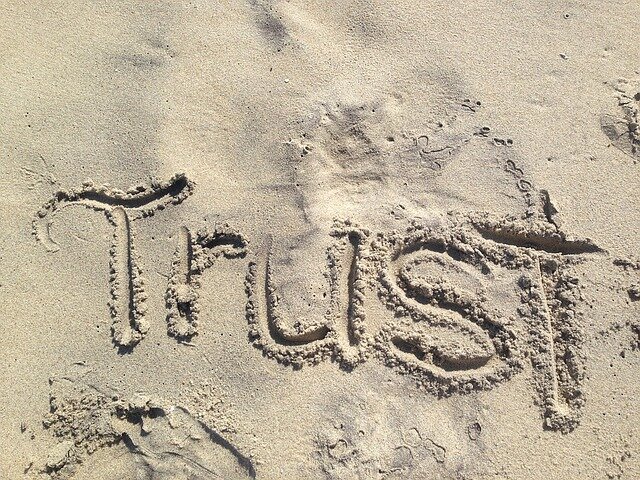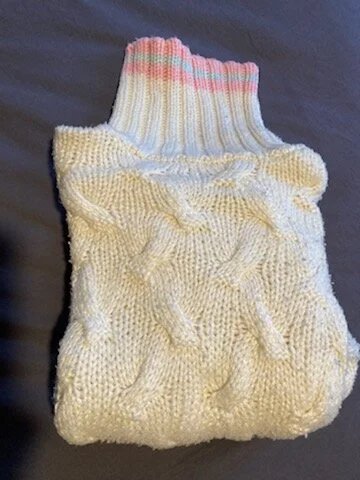Think back to when you were a kid. For some of us, it might take minute or 2 to get back that far. Did you think, wow, it’ll be so cool to be an adult? Adults don’t need permission to stay up late. They don’t have to ask to go to a friend’s house. They can buy those funky earrings. Adults have the freedom to make up their minds then do as they wish. Within reason, legal and monetary boundaries, of course. Otherwise, face the consequences (kind of like when we were kids). In some adult relationships, freewill may be restricted. However, in general we don’t need to ask permission to act. Agree?
Asking A Stranger
A month or so ago, a colleague posted a video of her assisting an organizing client. As they worked on her apartment, the client stated that she needs the organizer’s permission to let go of stuff. I can tell you that’s not the first time I’ve heard that or even the 10th time. I hear it from most of my clients. All of my clients happen to be adults. Most are extraordinarily intellectual and have the power of freewill. So why do they need my, a stranger for the most part, permission to decide if they should keep something or let it go? Have you ever asked someone else whether you should keep an old, nubbly sweater, an out-of-style dress, a book? Maybe you didn’t even like any of those things.
I’m about to shed some of my credibility here. Truthfully, I’ve asked others what they think too once or twice (or lots). What’s up with that? A core part of my job is walking others through the steps of what do I keep or release? Yet when it comes to my own stuff, the waters get murkier. And I’m not talking about jointly held items that belong to other family members, these items fall strictly into the Sherri category.
Trust yourself. Image by Lisa Caroselli from Pixabay
Confidence or Lack Thereof
If trusting our own judgment has been historically difficult, then why would we trust ourselves to make the right decision to say ta-ta to things we’ve held on to for ages or grip us with emotional tethers? Relying on someone else to yay or nay relieves us from the burden of having to make a decision. Or worse, potentially deal with the consequences of needing or wanting that object down the road. You won’t have to blame yourself when you wish you still had that old nubbly college sweater as you cozy up by the fire. “She made you do that!” Well, not really. Chances are she asked you questions about it, and you realized that it was taking up space and you have newer, more fabulous sweaters that not only look great, they are equally cozy. Believe me, I never twist clients arms, but I ask lots of questions about usefulness or pleasure derived.
Old nubbly college sweater. It’s warm, cozy, and still gets worn. It’s a keeper for now.
The Someday Dilemma
What if I need it someday? We all ask ourselves that. And to be honest, you’re right. You may need it again someday. But what are the chances? If high, then keep it. If medium, that gives cause for pause. You could always store the item away for a period of time. Mark your calendar to check in on it say in 6 or 9 months, then reassess at that point. In the meantime, stick to the things that are clear cut “nahs” or closer to low chances. If low, well then it’s probably ok to say “adios”. Rent or borrow those occasional items if possible. Neighborhood resources such as Libraries of Things, NextDoor or BuyNothing groups might have what you need for a temporary fix. Check out other strategies here for deciding what makes the cut to keep or what gets cut.
A Neutral Extra Set of Eyes
In the meantime, I’m always available as a neutral third party to help you walk through the do I or don’t I questions. An extra set of eyes or an unbiased perspective is useful and reassuring. Just remember, as an adult, you don’t need to ask permission how to handle your own stuff. You’re an authority of your own belongings. You’ve got freewill. You’ve got this!





